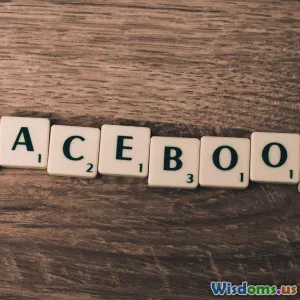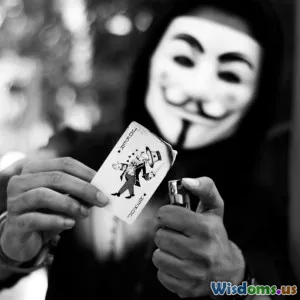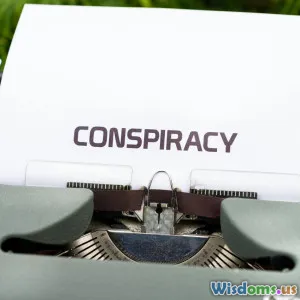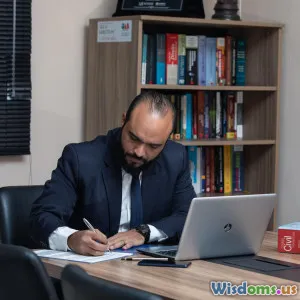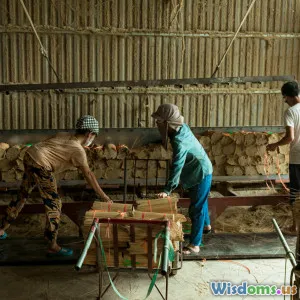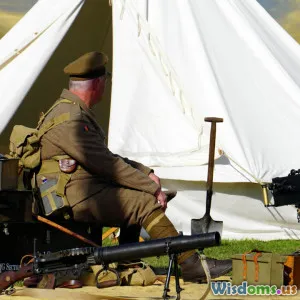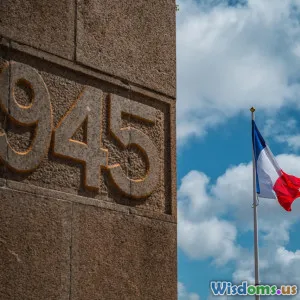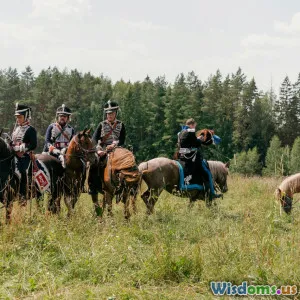
The Role of Secret Societies in Global Politics
7 min read Explore how secret societies have shaped global politics through history, influence, and covert actions. (0 Reviews)
The Role of Secret Societies in Global Politics
In the shadows of history lie organizations whose existence has fascinated, alarmed, and intrigued scholars, politicians, and conspiracy theorists alike—secret societies. What role do these clandestine groups play, and have they actually influenced the tides of global politics? This article explores the historical and modern role of secret societies, exposing their impact on governance, diplomacy, and power structures worldwide.
Introduction
Secret societies have long captured the popular imagination, often portrayed as puppet masters controlling governments behind closed doors. While some ideas may border on fantasy, there is undeniable evidence that many of these groups – from ancient orders to modern fraternities – have influenced political decisions at the highest levels. This article seeks to clarify the mystery surrounding their existence and authority, distinguishing myth from measurable impact.
Understanding Secret Societies: Definitions and Characteristics
Before examining their influence, it is critical to understand what constitutes a secret society. Typically, such organizations share these features:
- Confidential membership and rituals
- A defined hierarchy
- Shared goals, often both ideological and political
- Influence operations behind the scenes
Examples include the Freemasons, the Illuminati (historically), the Skull and Bones society at Yale, and various political lodges and fraternal organizations worldwide.
Historical Impact of Secret Societies
The Freemasons and Political Change
The Freemasons are arguably the most famous secret society, with roots dating back to the late medieval period. Throughout history, they have counted among their members influential figures such as George Washington, Benjamin Franklin, and Winston Churchill. Their principles of Enlightenment ideals—liberty, equality, fraternity—found resonance during revolutionary periods in America and Europe.
For instance, Freemasonry's emphasis on merit and rationality may have helped spread revolutionary ideas during the late 18th century. The 1776 American Declaration of Independence was signed by several known Freemasons, who sought to create political structures based on democratic principles. While Masonry did not singularly orchestrate political upheaval, its members' shared values encouraged reformist agendas.
The Illuminati and Conspiracy Theories
Formed in Bavaria in 1776, the original Illuminati aimed to promote rationalism and oppose superstition and religious influence in government. Though suppressed after a decade, the mythos of the Illuminati has grown exponentially as a symbol of a hidden elite manipulating world events.
While no verifiable evidence exists that the Illuminati, as once conceived, survive today, the usage of the term in modern discourse reflects public fears of unaccountable power.
Influence in 20th Century Politics
Secret societies such as the Bilderberg Group, the Trilateral Commission, and the Council on Foreign Relations are often discussed for their opaque membership and powerful attendees including politicians, business magnates, and policy experts.
The Bilderberg Group, founded in 1954, holds annual meetings intended to foster dialogue between Europe and North America. Though it does not produce binding policies, leaks and insider reports reveal that these gatherings serve as networking hubs, influencing global economic and political cooperation. Critics argue these meetings lack transparency and accountability, fueling suspicions of covert power brokering.
Mechanisms of Influence
Secret societies generally influence politics through:
Networking and Elite Socialization
The uniting of powerful individuals in exclusive environments allows for a homogenization of elite perspectives and facilitates deals that shape policies at national and international levels.
Ideological Propagation
Through ritualistic and ideological cohesion, members maintain consistent worldviews that, once brought into government roles, manifest in legislation and diplomatic strategies.
Covert Operations and Intelligence
While widely debated, some secret societies historically have been linked with espionage and covert activities—particularly in periods of intense political conflict.
Contemporary Perspectives
Today, secret societies operate within complex globalized politics where information leaks and investigative journalism expose many hidden agendas. Nonetheless, their appeal remains, especially among elites seeking cohesion and influence.
For example, fraternities such as Yale's Skull and Bones have produced multiple U.S. presidents and high government officials. Their networking function arguably accelerates career advancement, embedding societal leaders within tight-knit circles.
At the same time, the demands for transparency and democratic accountability challenge the unchecked power secret organizations might wield.
Conclusion
The role of secret societies in global politics is a tapestry woven with threads of documented influence, misconception, and myth. While few groups command covert control over governments, many serve as powerful networks shaping elite consensus and fostering ideological alignment.
Understanding these groups offers valuable insight into political sociology, elite behavior, and the interplay between secrecy and power. Awareness can empower citizens to demand openness while appreciating the nuanced ways influence is exerted beyond public forums.
Ultimately, secret societies symbolize humanity's age-old tension between hidden authority and public accountability—a dynamic as relevant today as ever.
Rate the Post
User Reviews
Popular Posts










